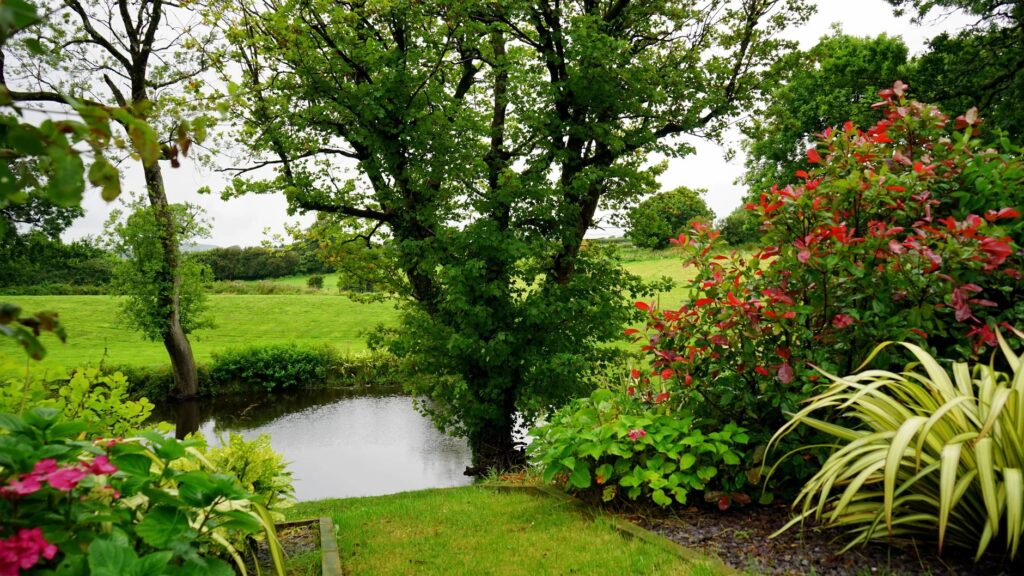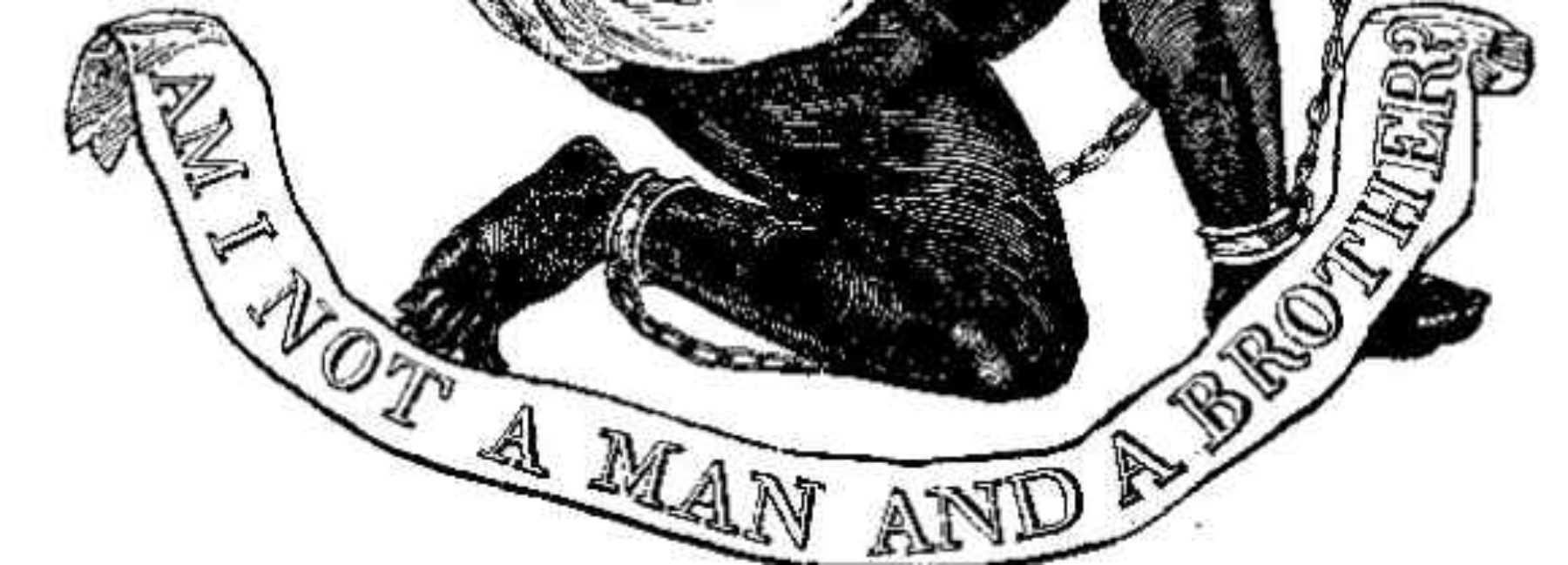Spring Thaw
Spring is here. Volleyball players set up their nets on CCL Lawn, soccer players take out their cleats, mothers take walks with tots in strollers. Cafes and eateries spill out onto the sidewalks and clothing stores display their merchandise to passers-by. And the Yale student getaways—the quiet courtyards, New Haven Green, the Divinity School grounds, Albertus Magnus, East Rock, Sleeping Giant, and others—regain their popularity.
Spring wakens people from their winter’s seclusion. Similarly, the words from the Holy Scriptures are powerful when meditated upon and believed. They can warn us and wake us up from our moral torpor while competition, selfish ambition, and other harmful pressures wash over us and make us their victims.
If we could be likened to fields with untried potential for supporting crops, an image from the Song of Solomon speaks of our predicament: “You are a garden locked up…. You are a spring enclosed, a sealed fountain.” (Song of Songs 4)
When I first heard those words, I cried. Considering the failures and difficulties of my freshman year, I thought I was more a field with failed crop that should have been left fallow. Yet instead of confirming I was ready to be plowed under, God rather called me a garden that was merely locked up, a spring that was enclosed, a fountain that was sealed.
But what could the bruised reed, that yields itself into the Maker’s hands, what could it become?

I cried, remembering how frustrated I had been, desperately wishing to be someone else. How miserable Freshman Organic Chemistry was—a key class for me, a determined pre-med. I had been so proud to be in that class, but how I had floundered. The professor liked to draw us into concepts by asking questions. The students chimed in with good guesses, and the lecture came out piece by piece. My classmates loved him and thought the class great.
My corner, however, was completely silent; I could barely understand the lecture, let alone participate intelligently. Though I had questions, I didn’t ask , for fear I would reveal to others how little I knew. How jealous I was of the other students.
“You are beautiful… lovely as Jerusalem, majestic as troops with banners.” (Song of Songs 6)
Could it be, Lord? How is there anything majestic in me??
If I could only know and believe that, perhaps I would not be so introspective and inhibited.
I cried remembering how traumatic social situations were. I recalled a women’s crew party that was thrown as an icebreaker. We had been training separately, but now was the time for introductions and first impressions. I watched as my peers joined right in with the upperclassmen. They went along with the jokes, and took turns telling anecdotes. I tried to relax, though I had nothing to say.
Some women came over and asked about me. Trying to maintain the atmosphere, I said something funny and added a laugh. But they just looked at me and said sweetly, “Oh, that’s nice,” and then they went on to others.
My humor was just different from theirs, I told myself. But deep in my heart, I hated who I was and wished I were more like them.
“You have stolen my heart… how delightful [you are]. How beautiful you are and how pleasing.” (Song of Songs 4)
Oh, God, can this really be true?
I cried also because all the disappointment with myself had made my life very difficult. Every time I thought about my life, I went through a minor identity crisis. Every time I faced a challenge, I tried very hard to muster the self-esteem to get through it. It was getting unbearable, and I wanted to give up.
“The bruised reed he will not break, a smoldering wick he will not snuff out.” (Isaiah 42)
And I was so close to burning out.
But what could the bruised reed, that yields itself into its Maker’s hands, what could it become? Certainly no longer bruised but rather strong, healthy, and useful for everyone, including itself.
I heard His simple invitation to me, “Denise, I have made you precious, delightful, and a rich store of treasure. You can believe me and follow me, if you will leave behind all your self-seeking and pride.”
And the poetry in the Song of Solomon had fresh meaning: “You are a garden locked up, my sister, my bride; you are a spring enclosed, a sealed fountain. Your plants are an orchard of pomegranates with choice fruits, with henna and nard, nard and saffron, calamus and cinnamon, with every kind of incense tree, with myrrh and aloes and all the finest spices. You are a garden fountain, a well of flowing water streaming down from Lebanon. Awake, north wind, and come, south wind! Blow on my garden, that its fragrance may spread abroad.” (Song of Songs 4)
And though it would have been easier to slide down into the familiar self-pity, I decided to trust God and believe all that He said. When I had made but the smallest decision, a wealth of understanding flooded in. Without a doubt, God was God, and He loved me!
My problems did not all disappear; rather, I had found the answer and that was Jesus. He was God’s perfect sacrifice, so I—and whoever else wanted—could leave our self-absorbed, burdensome ways. By believing that the Lord Jesus Himself took on my problems and struggles when He died, I no longer had to continue in my familiar yet futile ways. I could consider my self-centered, sinful self crucified with Him, and live the new life He had purchased for me.
And because I could be myself, others could get to know me, and I have since had far richer friendships. God has put me with people who care very much for Him, and because of that, also care for me. These are people who would do a lot to see me standing squarely on my two feet and living as freely as God means that I should live.
I have realized new things about myself that I would not have known without first knowing Jesus, my Lord and Maker. And He has shown me how little I had really lived before, as well as how much more there is in a life with Him.
Denise Chen, Branford ’95

